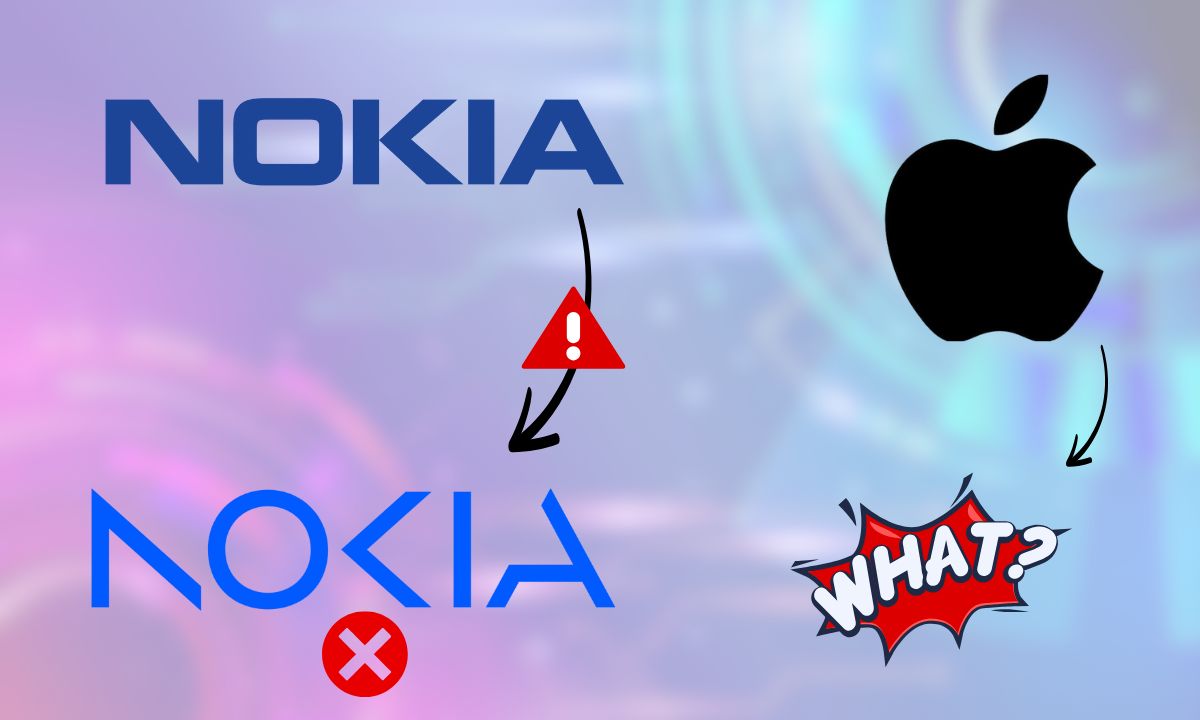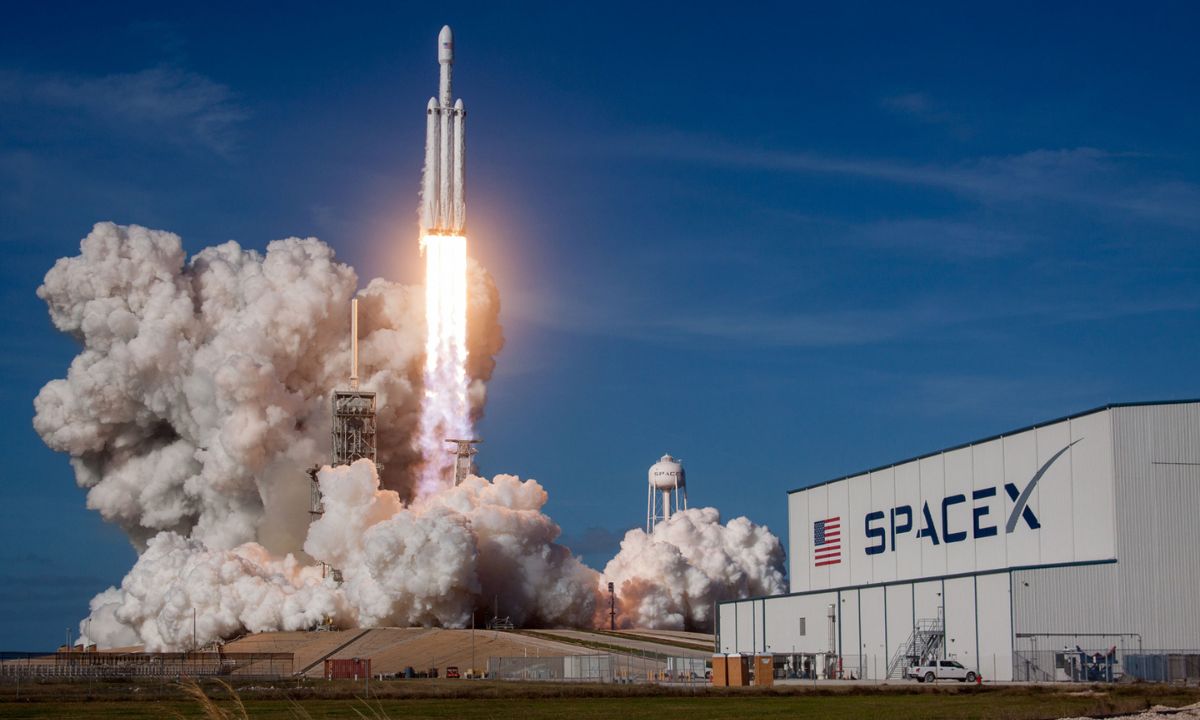In a groundbreaking study, researchers have discovered a way to make Majorana zero modes (MZMs) more stable, bringing us closer to creating fault-tolerant quantum computers. These advancements promise to reduce errors and improve the scalability of quantum machines.
The Collaboration Behind the Discovery
The new study, led by researchers from Oxford University, Delft University of Technology, Eindhoven University of Technology, and Quantum Machines, has achieved a significant breakthrough in quantum computing. The team has managed to stabilize Majorana zero modes, which are essential for developing practical, error-resistant quantum computers.
The Challenge of Quantum Computing: Fragile Qubits
Quantum computers are incredibly powerful, but their basic units, qubits, are very fragile. They can be easily disrupted by environmental noise, which makes them prone to errors. Overcoming this challenge is crucial for building reliable quantum machines that can handle complex computations.
Majorana Zero Modes as a Solution
Majorana zero modes (MZMs) have been seen as a potential solution to this problem. MZMs are predicted to be resistant to environmental disturbances, making them ideal for quantum computing. However, stabilizing them for practical use has been difficult—until now.
The Breakthrough: The Three-Site Kitaev Chain
To stabilize MZMs, the researchers created a structure known as the three-site Kitaev chain, which is a simplified version of a topological superconductor. By using quantum dots to trap electrons and connecting them with superconducting wires, they created a stable ‘sweet spot’ for the MZMs. This structure allows the MZMs to be spaced farther apart, reducing interference and improving their stability.
Looking Ahead: Future of Quantum Computing
According to Dr. Greg Mazur, the lead author of the study, this breakthrough shows that it is possible to maintain MZMs’ stability as quantum systems scale up. The team plans to continue their research and aims to build longer chains to enhance stability even further. This could lead to the development of reliable next-generation quantum materials and devices.
By overcoming this key challenge, the team is paving the way for more scalable, error-resistant quantum computers, which could revolutionize industries like artificial intelligence, cryptography, and material science.




